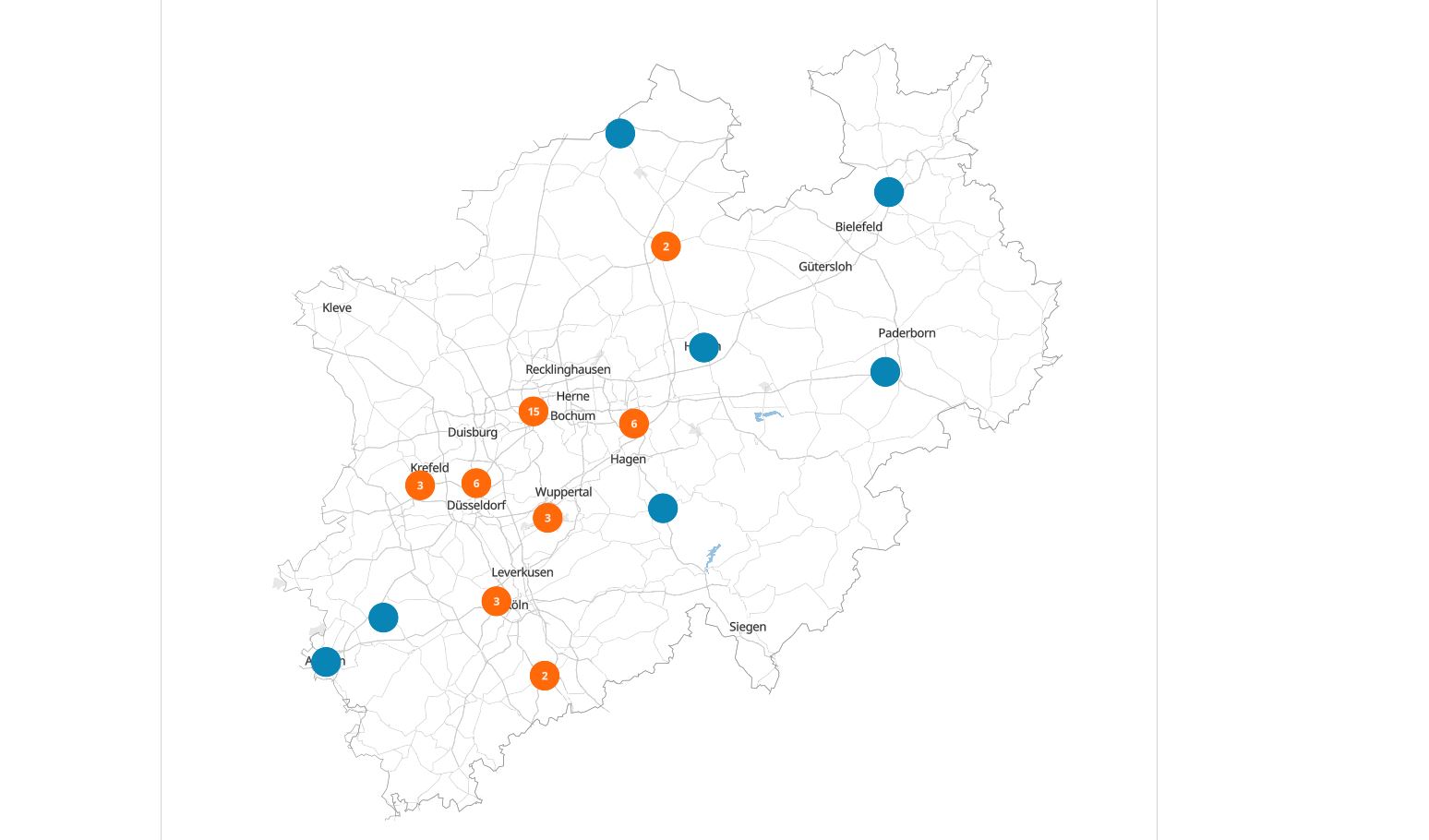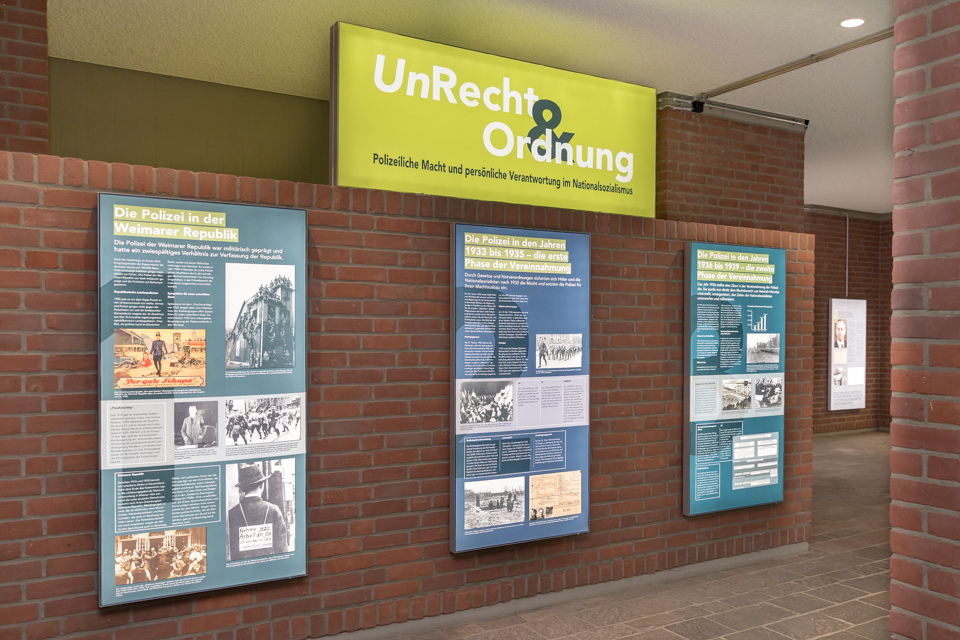What is behind the term "police"?
From today's point of view, the question may seem silly; every police officer and every citizen knows what the tasks of the police in a constitutional state are, what their duties and their limits are. And every individual can be sure that the organization abides by the law and the law of the land, indeed that it must protect the fundamental rights of every individual.
It is all too easy to forget how malleable an organization like the police can prove to be in the wrong hands. In 1937, the head of the German police, Heinrich Himmler, stated that, according to National Socialist opinion, there was no generally valid definition of the police and its tasks. And his crown lawyer Werner Best added that the police's mission was derived from the "völkisch" conception of the state. It was "the protective and combat instrument of the leadership, which had to combat and render harmless all endeavors and actions [...] that were dangerous to state security and to the unity and health of the national body". For the Secret State Police (Gestapo), the state security division of the Nazi police, it even applied that "it must be able to use any means suitable for achieving the necessary purpose, regardless of any ties."
Hardly five years earlier, the police in the Germany of the Weimar Republic still had completely different objectives: It was supposed to be a democratic, citizen-oriented police force, completely "friend and helper", as the slogan coined by Prussian Interior Minister Carl Severing in 1927 read.
What does this introduction show? Police power and personal responsibility always depend on the circumstances of their application, the political system and guidelines. The police, as the much-cited "most political of all administrations", can become a weapon in the hands of those in power. Nothing would be further from the German police as we know them today. The danger of their (pronounced) instrumentalization is not lurking around the corner. However, looking back sometimes sharpens our perception of the present and its tendencies and thus provides an orientation that has its own value.



